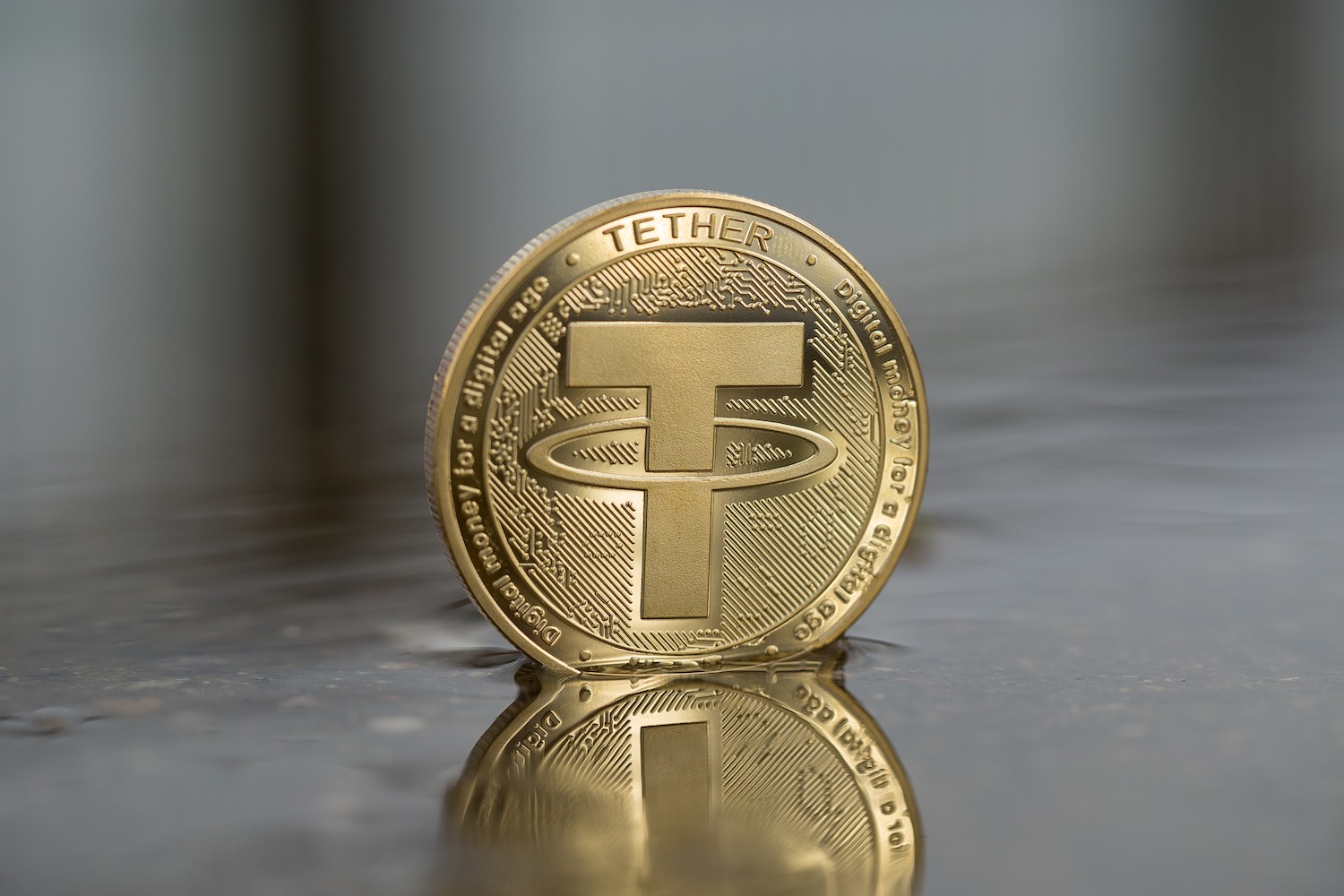Tether Dismisses JPMorgan’s Bitcoin Sale Suggestion
14.02.2025 10:00 2 min. read Kosta Gushterov
Tether has responded forcefully to recent comments from JPMorgan analysts who suggested that new US stablecoin regulations could force the company to liquidate some of its Bitcoin holdings.
The analysts, led by Nikolaos Panigirtzoglou, speculated that Tether might need to offload non-compliant assets like Bitcoin to comply with pending laws that would restrict reserve requirements for stablecoin issuers.
In a pointed rebuttal, Tether dismissed the analysts’ assertions, saying they lacked understanding of both the company’s operations and Bitcoin. A Tether spokesperson noted that the proposed legislation was still in its early stages, and the company is actively engaging with regulators to navigate the evolving landscape.
The regulatory framework in question comes from two proposed bills, the GENIUS Act and the STABLE Act, which aim to create stricter rules for stablecoin issuers. The STABLE Act, in particular, would mandate that reserves be held in highly liquid, government-backed assets, which would require Tether to adjust its current holdings significantly. The JPMorgan analysts suggested that Tether’s existing reserves are only partially compliant with these proposed regulations.
Tether, however, remains confident in its position. The company emphasized its large liquid asset pool, including more than $20 billion in equity and significant profits from US Treasury holdings. In response to JPMorgan’s stance, Tether hinted that the analysts may be envious of missed opportunities to buy Bitcoin at lower prices, underscoring that they fail to grasp the broader value of both Bitcoin and Tether’s operational strategy.
-
1
UniCredit to Launch Structured Product Tied to BlackRock’s Spot Bitcoin ETF
01.07.2025 17:53 1 min. read -
2
Saylor’s Strategy Halts Bitcoin Buying After Historic Accumulation
07.07.2025 17:00 2 min. read -
3
Trump’s Two big Bitcoin Moves: Key Catalysts or Just Noise for BTC Price?
08.07.2025 7:30 2 min. read -
4
Bitcoin Market Stalls as Profit-Taking, Whale Dispersal, and Sideways Action Define the Cycle
01.07.2025 20:00 3 min. read -
5
Speculation Surges as Binance BTC Futures Volume Tops $650 Trillion
04.07.2025 17:37 2 min. read
Crypto Greed Index Stays Elevated for 9 Days — What it Signals Next?
The crypto market continues to flash bullish signals, with the CMC Fear & Greed Index holding at 67 despite a minor pullback from yesterday.
Strategy Adds 6,220 BTC, Pushing Total Holdings Past 607,000
Michael Saylor’s Strategy has confirmed another major Bitcoin purchase, acquiring 6,220 BTC last week for approximately $739.8 million.
Bitcoin Open Interest Hits $42B as Funding Rates Signal Bullish Overextension
Bitcoin’s derivatives market is heating up, with open interest climbing back to $42 billion while funding rates continue to surge.
Tim Draper Predicts Bitcoin Will Replace U.S. Dollar
Tim Draper isn’t just betting on Bitcoin—he’s forecasting the death of the U.S. dollar.
-
1
UniCredit to Launch Structured Product Tied to BlackRock’s Spot Bitcoin ETF
01.07.2025 17:53 1 min. read -
2
Saylor’s Strategy Halts Bitcoin Buying After Historic Accumulation
07.07.2025 17:00 2 min. read -
3
Trump’s Two big Bitcoin Moves: Key Catalysts or Just Noise for BTC Price?
08.07.2025 7:30 2 min. read -
4
Bitcoin Market Stalls as Profit-Taking, Whale Dispersal, and Sideways Action Define the Cycle
01.07.2025 20:00 3 min. read -
5
Speculation Surges as Binance BTC Futures Volume Tops $650 Trillion
04.07.2025 17:37 2 min. read


